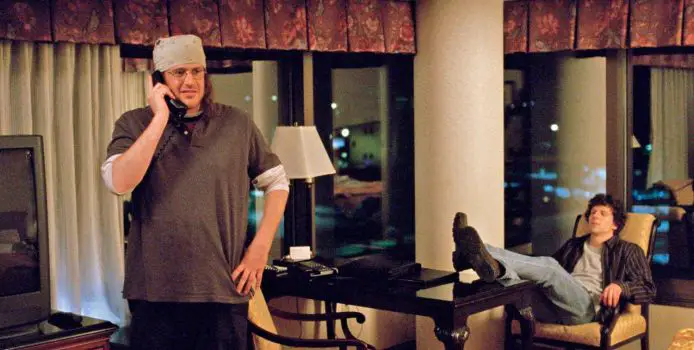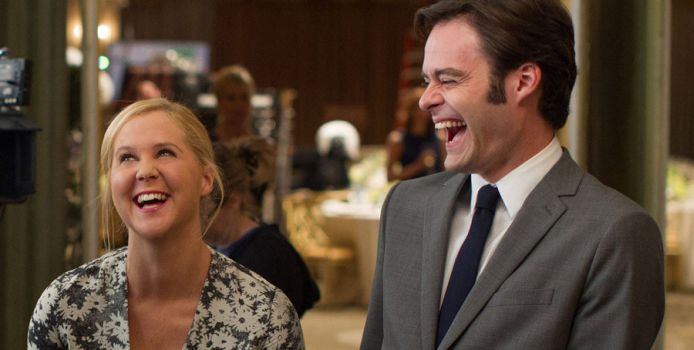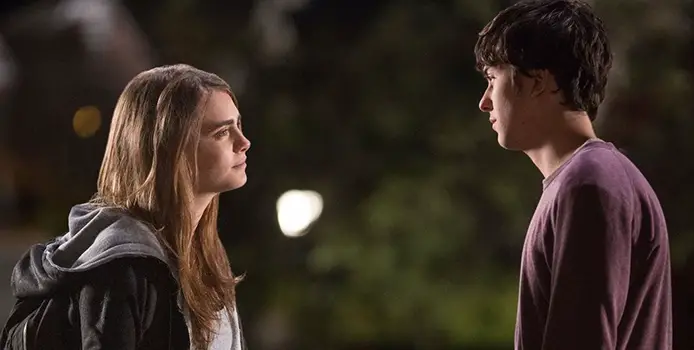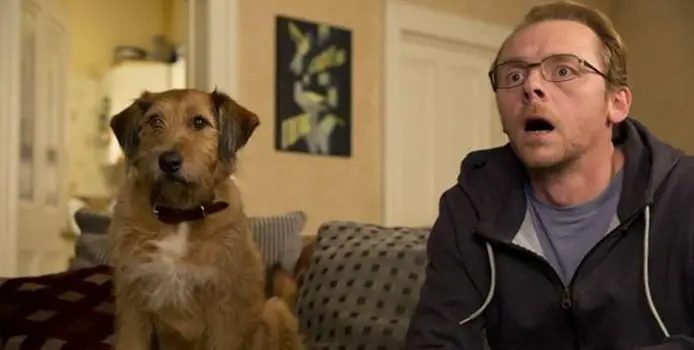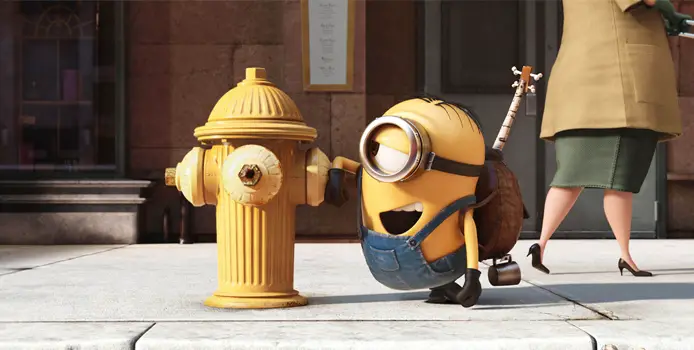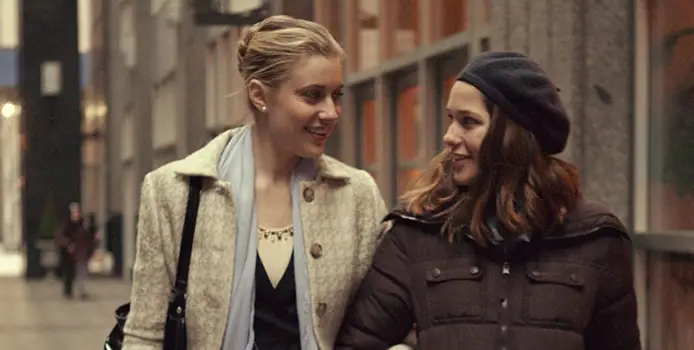Film Reviews
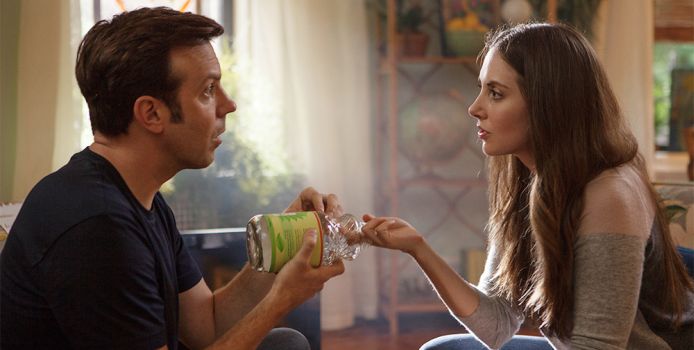
We currently live in an age where the classic rom-com has become taboo. Jerry Maguire and When Harry Met Sally have been traded out for Trainwreck and now Sleeping with Other People. The problem with this new modern movement is that the emotional heart of the original 80s and 90s films are mostly lost.
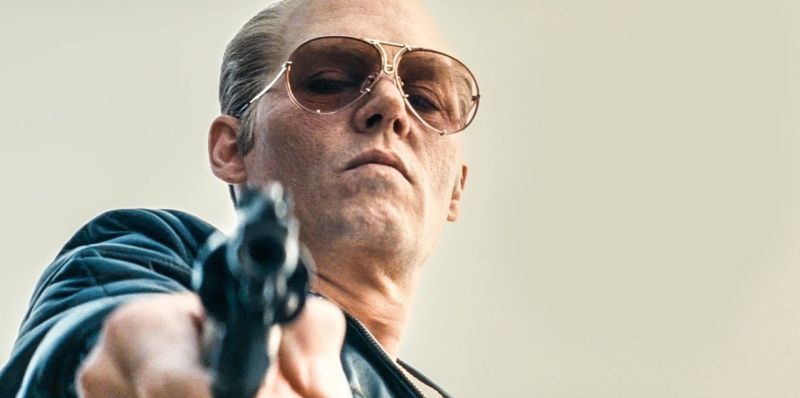
There is a right way and a wrong way to tell a gangster story. Some of the very best have utilized inventive camera techniques, are fueled by impressive acting talent, and are backed by an engaging, well-written screenplay. Black Mass attempts to be something great; yet, when thinking back to it, it’s likely only the acting that will be remembered.
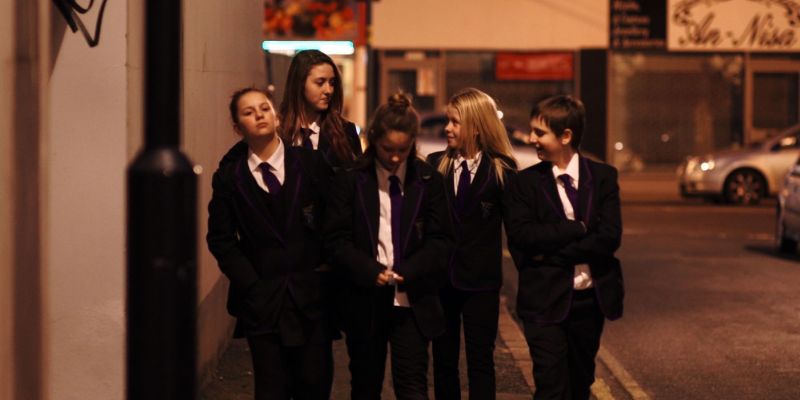
Low budget productions always have to come to terms to the fact they are not going to be able to offer proper cinematic spectacle on a minuscule budget. A Dozen Summers instead opts to be as deliberately amateurish as possible, giving it the distinctive feeling of a movie that the twelve year old protagonists would not only wish to make, but would be capable of making. It feels aimless, rambling at even a brief 82 minutes (eight of which are dedicated to elongated end credits), but proves near impossible to dislike despite all of its clear faults.
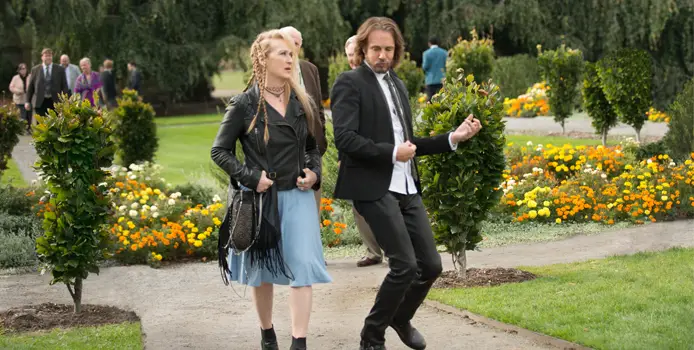
To put it bluntly, Ricki and the Flash is a film which feels unfinished. It’s not a poorly made film, everyone involved seems to be at least putting in some effort, it’s just that between the script and overall editing, large chunks of the film seem to be missing and the film feels like it doesn’t deliver a full story. This is quite surprising, as the cast and crew behind the film are quite talented.
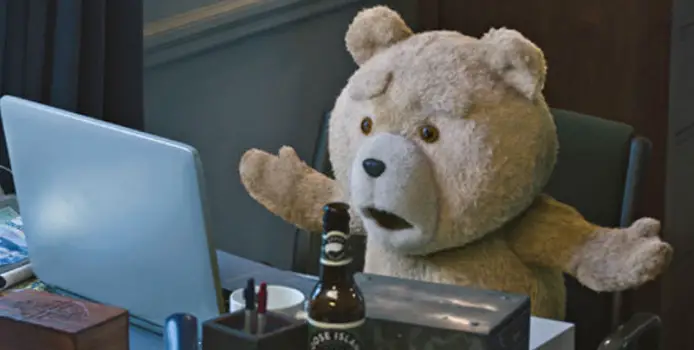
Ted 2 is exactly what you think it is. Seth MacFarlane is an entertainer who infuses all of his work with the same pop-culture heavy and juvenile abundant humour, from his roots in Family Guy to this, his third cinematic effort. The first Ted was a cinematic surprise, over-performing at the box office to become (at the time) the highest grossing R-Rated comedy of all time.
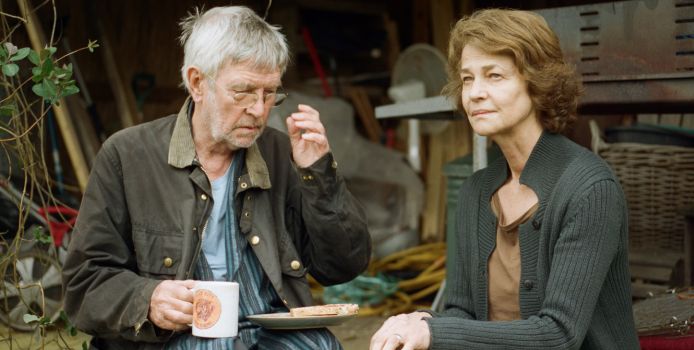
45 Years is unquestionably well-written and well-acted, to such a high degree that is literally impossible to argue otherwise. To say that Charlotte Rampling and Tom Courtenay give two of the most emotionally effective performances of their long and illustrious careers is equivalent to saying that the sky is blue and the world is round; it is so plainly obvious, arguing in its favour seems like a waste of time, as the greatness is clearly there for all to see. Emotionally engaging from the opening minutes On paper, the film feels like the opposite of director Andrew Haigh’s previous film Weekend; that film was about two men who meet and fall in love over the course of (you guessed it) a weekend, after a one night stand turns into something deeper.
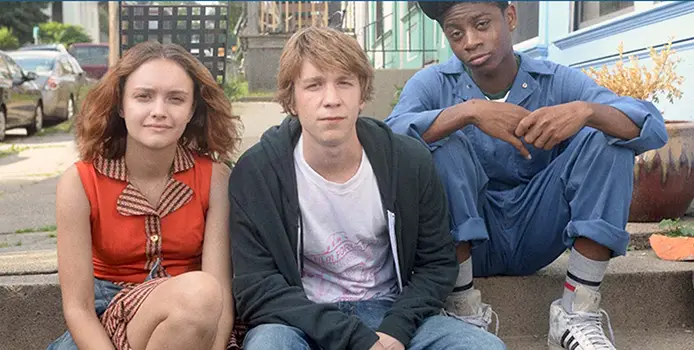
Although not without empathy, it is hard to argue against the statement that teenagers are some of the most self-centred people alive. I know this from being a particularly self-centred teenager, who at thirteen regularly made statements of self-loathing in order to gouge sympathy and attention from my peers. It was an attention seeking phase that I mercifully grew out of very quickly, but I can at least be forgiven for it for being young and stupid.
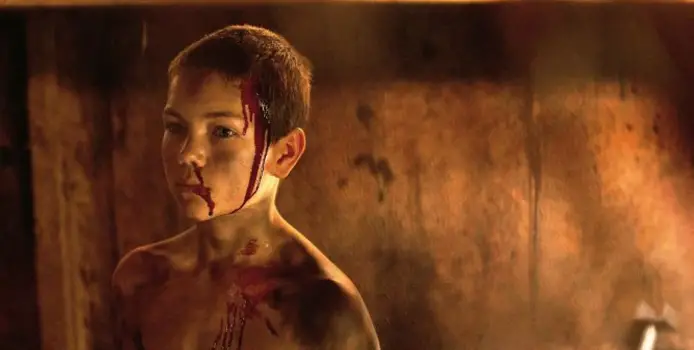
One problem with modern society at the moment seems to be an obsession with nostalgia, which is being milked by marketing companies. This has bled into the hipster movement and has lead to the larger debate of analogue vs digital as digital technologies develop. It is now bleeding into every aspect of pop culture, and it is one which can be seen in film.

Unfortunately, in March of this year, we lost the great documentary film-maker Albert Maysles. With his brother David (who died in 1988), they made some quite important and influential documentaries such as Grey Gardens, Salesman and Gimme Shelter. Their style was using direct cinema; following a subject and shooting a ton of footage without any agenda or plotline planned and creating a documentary in post production.


